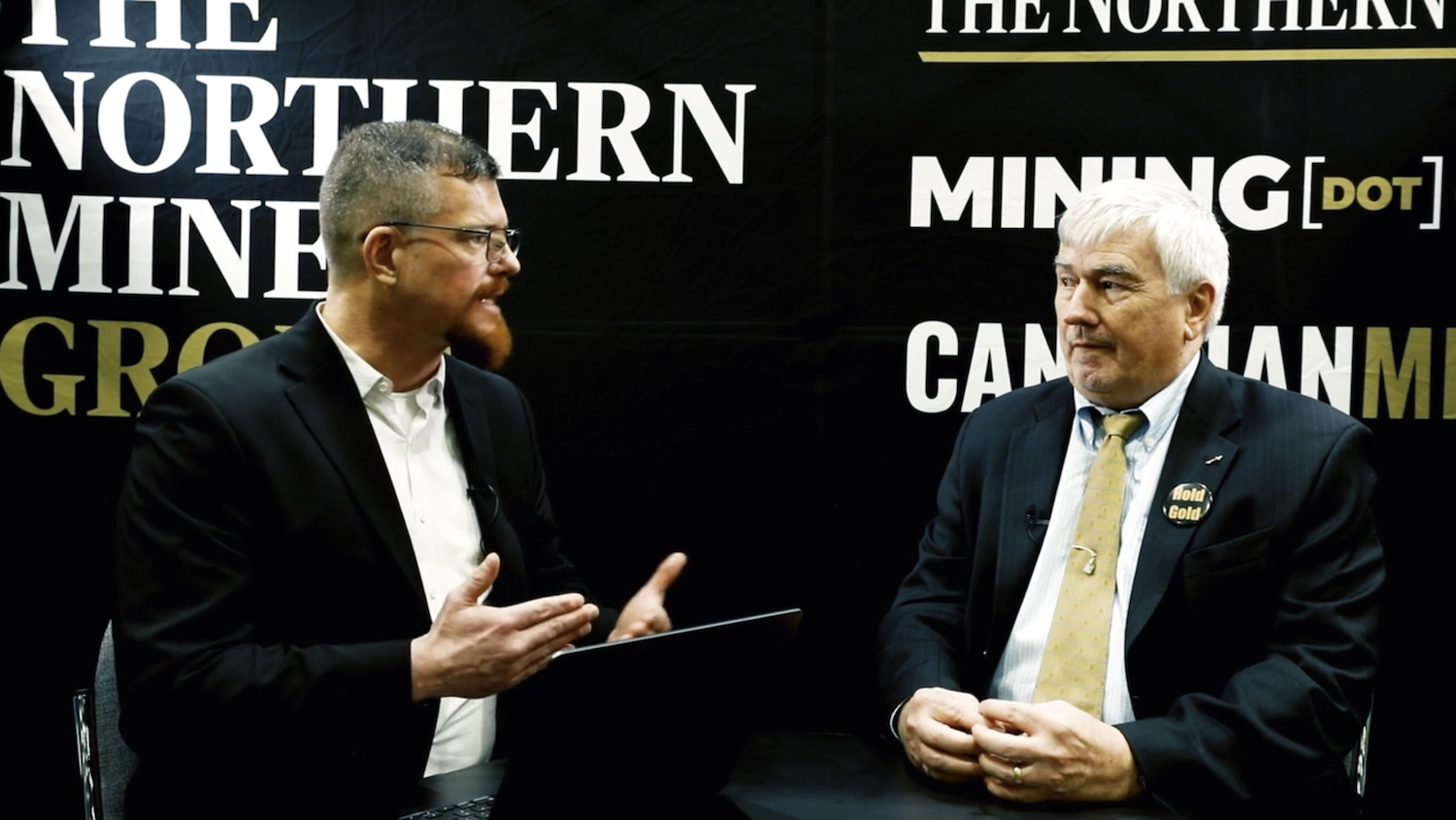Coal conundrum: Employment vs. environment
It’s under fire from environmentalists, residents and now a municipal council, but Fraser Surrey Docks’ proposed coal expansion has a significant upside for the local economy.
So says the marine terminal’s CEO Jeff Scott, who pointed out that the project will be safe and provide much-needed jobs for a workforce that has shrunk by more than half in the past five years.
In an interview with Business in Vancouver, Scott stressed again that the controversial coal expansion proposal – which includes installing an unloading pit, reworking existing rail lines and adding a barge loader, amongst other work – will add 50 cumulative jobs at the dock and related companies.
Scott added that those 50 jobs are critical for the beleaguered port. Since 2008, the Fraser Surrey Docks’ workforce has shrunk from 500 to 230 due to sharp drops in lumber, pulp and steel exports.
“We’re a family here, and those job losses hit hard. We feel responsible for supplying jobs and opportunities. We do no forest products any more, except for some export logs. We used to handle 500 million board feet of lumber alone.”
If approved by Port Metro Vancouver, the Fraser Surrey Docks will become the transfer site for a maximum of four million tonnes of thermal coal. The coal would brought to the facility by rail from the United States, then loaded on to barges and sent down the Fraser River to Texada Island, where it will await shipment to Asia to be used for heating.
It’s that planned route along the Fraser River that has environmental groups and communities such as New Westminster concerned about coal dust blowing off barges during the trip.
New Westminster council recently unanimously opposed the shipping of coal on the river.
Scott acknowledged those worries but assured those concerned that both the dock and the barges will operate under strict environmental regulations.
For instance, he said the unloading area at the docks will be designed so rail cars will be unloaded from the bottom rather than being flipped over and the conveyor belts that move the coal onto barges will be fully enclosed. Once on the barges, Scott said, the coal will be flattened to reduce dust.
“We have to find a balance between social and economic responsibility,” he said.
“We import and export goods from all over the world. We have an obligation to handle any product in the best way possible.”
Although the coal earmarked for the Surrey expansion is mined in America, Scott said coal historically has played an important part in B.C.’s resource-driven economy. Its role, however, is often forgotten.
“What we enjoy – amenities, advantages –especially in B.C. is linked to the resource sector,” he said. “That part gets lost.”
So, just how big is B.C.’s coal industry? An extensive coal study, published earlier this year by PwC, supports Scott’s claims. In 2011, according to the report, B.C. produced nearly 27 million tonnes of primarily metallurgical – steel-making – coal.
That same year, export sales of coal were more than $7 billion, which represented nearly 22% of all exports from B.C. and 89% of coal shipments nationally. B.C.’s coal industry also paid more than $316 million in coal mineral tax to the province and generated $399 million from personal income tax, corporate income tax and other indirect tax streams.
But regardless of the coal industry’s economic contributions, Kevin Washburn, director of environmental group Voters Taking Action on Climate Change, said addressing the environmental damage from the mining, shipping and burning of coal must be a priority – not further expansion of related infrastructure.
“The International Energy Agency says we need to reduce our emissions by 60% to 80% to avoid a two-degree jump in temperature [the rise in temperature considered disastrous for the environment]. That’s the cut-off for a climate change disaster. Once we let that genie out of the bottle, we’re stuck. So, 50 jobs pale in comparison.”
Port Metro Vancouver has yet to set a date for its decision on the proposed expansion.
By Sean Kolenko
{{ commodity.name }}
{{ post.title }}
{{ post.date }}




Comments